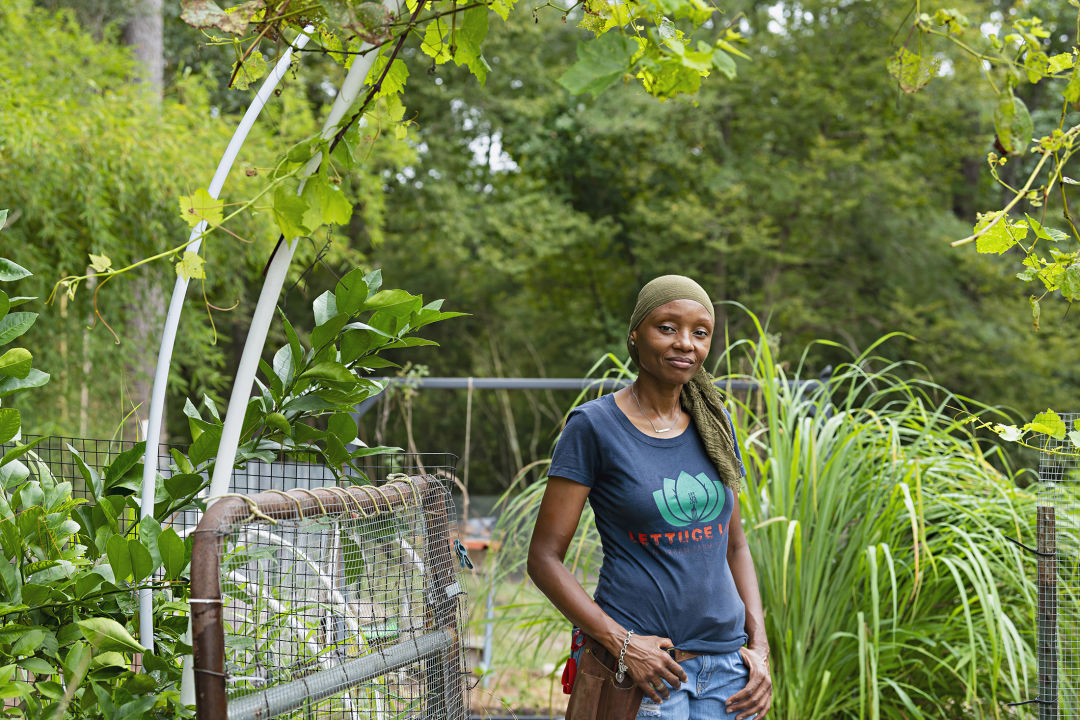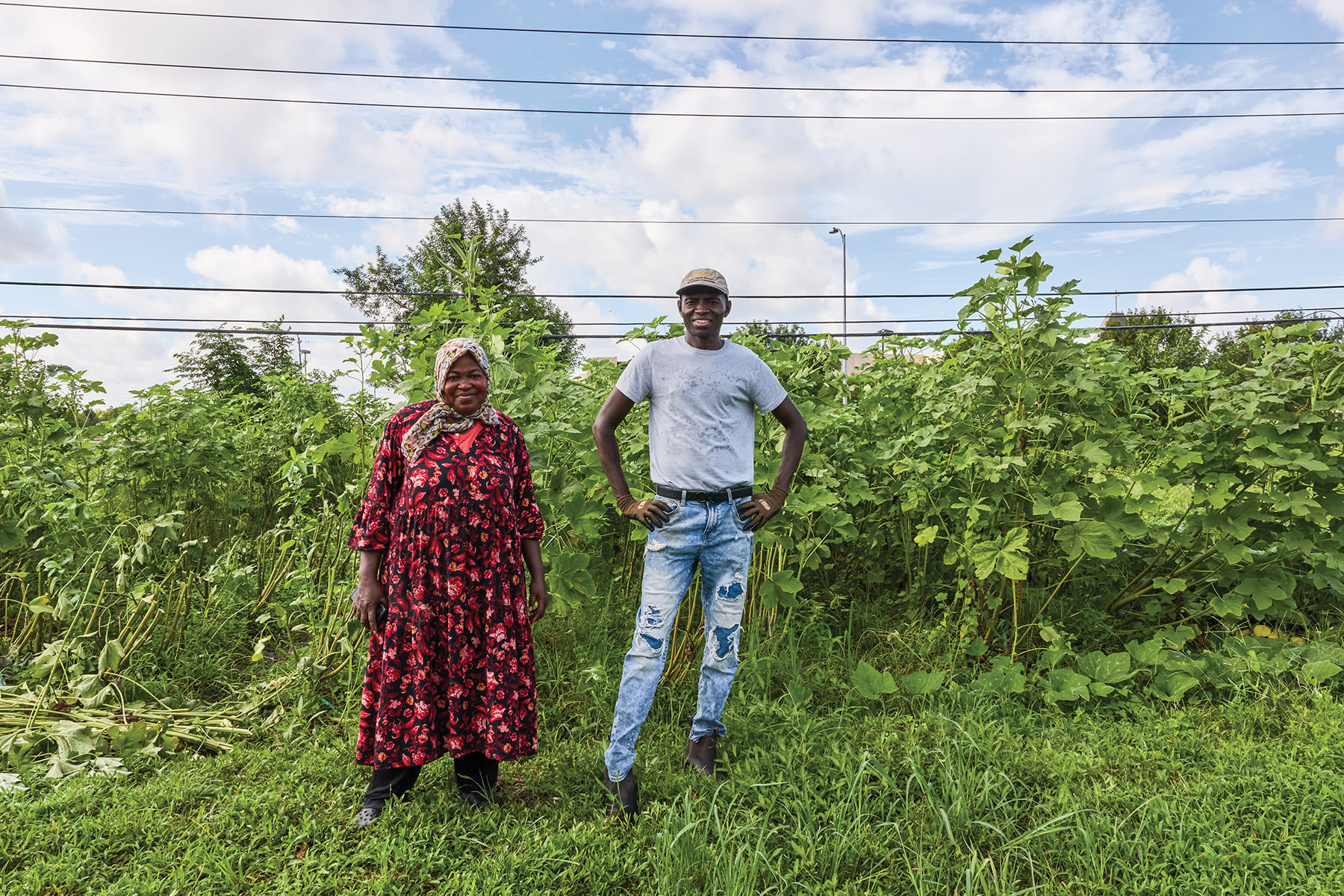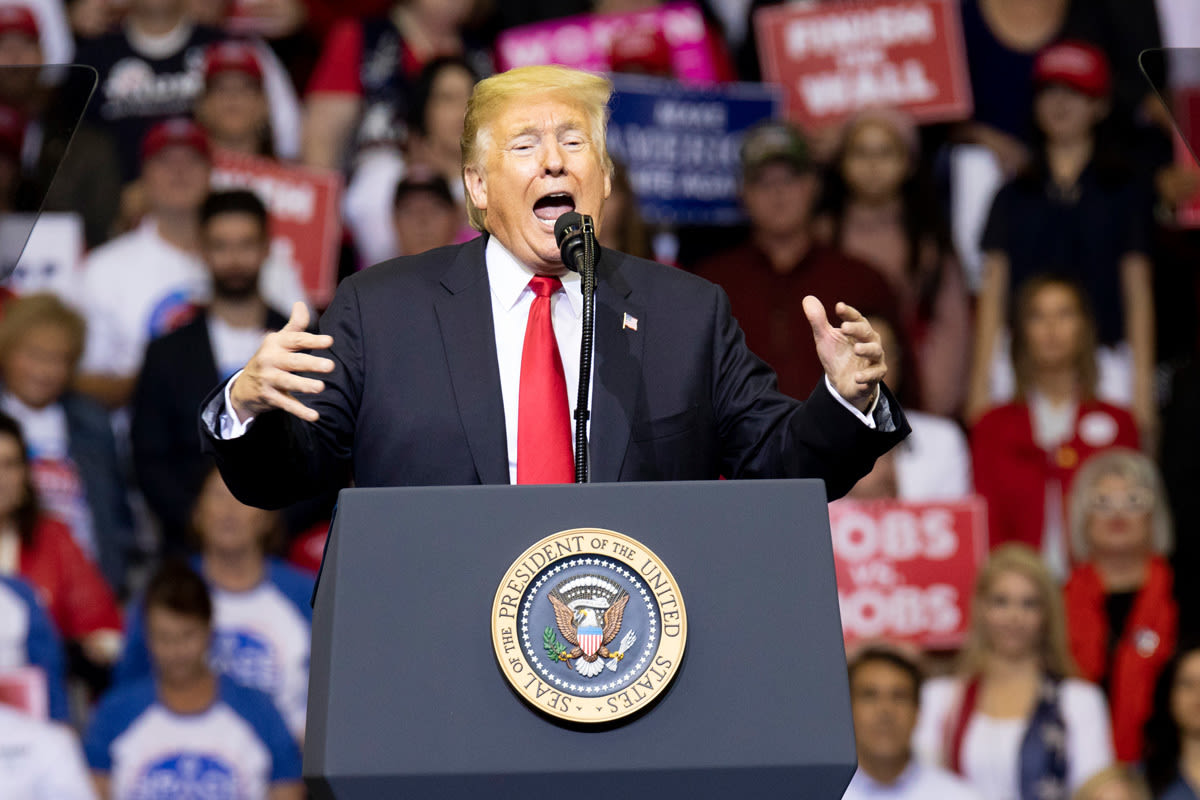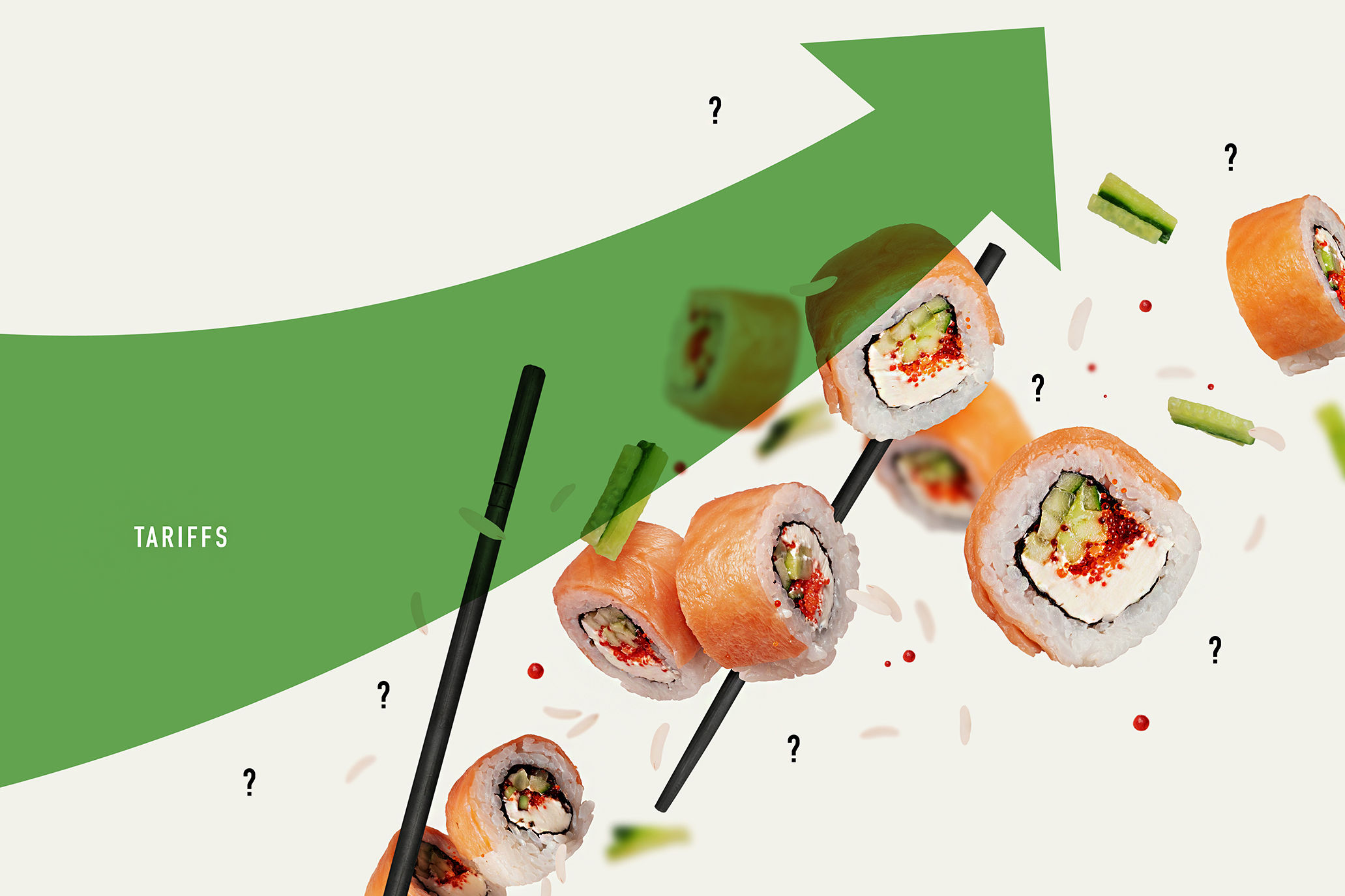Houston Farms and Food Banks Reel from Trump’s USDA Funding Cuts

Image: Anthony Rathbun
For more than a decade, Karena Poke has built a career as a consultant for community gardens and agricultural education across Houston. Through her Black-owned venture, Lettuce Live Farms, she has operated a thriving community garden in Missouri City that became a lifeline during the pandemic. Children from across the Houston area, battling social isolation and some depression, showed up to the garden in droves, tending to vegetables and plants. The garden grew so popular that Poke had to turn some people away. Elsewhere, Poke’s farm in nearby Dayton supplied steady produce to the Houston Food Bank, helping feed thousands through its donation programs.
Now, all of that has come to a halt.
Cuts to cornerstone USDA programs—including SNAP-Education, the Emergency Food Assistance (TEFAP), and the Local Food Purchase Assistance Cooperative Agreement Program (LFPA)—have pulled billions of dollars from the food system that once supported small farms and charities.
Since the start of his second term, President Donald Trump has promised to strengthen America’s economy and bolster its farmers, touting tariffs and the controversial Big Beautiful Bill. However, in April, the Trump administration announced sweeping changes to the USDA budget that gutted local and federal programs. While the White House insists that farmers and ranchers nationwide are benefitting, in Houston, the opposite is true.
Biden-era policies and initiatives, like the food purchase assistance program, which prioritized diversity, equity, and inclusion, were among the first programs cut by the Trump administration. Losing those opportunities—and the Houston Food Bank as Lettuce Live’s biggest customer—has left her operation in jeopardy. “We’re struggling,” Poke confessed.
Jeremy Peaches, a Houston farmer who heads the Black-owned Fresh Life Organic Produce Co., is facing similar losses. His farm never relied on USDA grants and depended instead on restaurants and small local buyers. But the LFPA once ensured food banks could purchase directly from growers like him. Now, with those funds gone, he estimates a 40 percent drop in sales. He realizes how changes to USDA policies have been detrimental for small and midsize farms. Biden-era policies, such as the LFPA, were beneficial in supporting local farmers, particularly in urban areas, but with Trump’s new policies and funding cuts, Peaches says the urban farm movement has been “totally dissipated.”

Image: Anthony Rathbun
The changes have been devastating for the Houston Food Bank as well. The charity, which distributes food donations to an average of 1 million people each year, once purchased around $8 million annually in produce, specialty goods, and meat from local farmers and ranchers through USDA-supported programs, says Houston Food Bank’s president Brian Greene. But now, after the Trump administration cut $500 million in assistance via the Emergency Food Assistance Program, the food bank is pivoting to bridge the gap. Greene says the cuts have led to a projected loss of over 20 million pounds of food per year and $3.5 million for distribution costs. Locally, program cuts have resulted in extensive layoffs at the Houston Food Bank, Greene says. By September 30, 2025, the food bank will have eliminated less than 60 related positions. “This year, we’re not going to be able to distribute as much as we could last year,” Greene says.
The Trump administration’s controversial “Big Beautiful Bill” also eliminated all $536 million in funding for SNAP-Education, which provided nutritional and public health education for non-profits, including food banks, across the nation.
Prairie View A&M University has also been affected. Dr. Jacquelyn White, program leader at the university’s family and community health unit, leads several SNAP-Ed programs across 21 Texas counties. White’s federally funded workshops on chronic illnesses and nutrition classes have reached thousands of participants on campus and nearly 14,000 participants in over 2,600 workshops since the program began in 2021. Such programs are essential for Texans, particularly when almost the entire population experiences food insecurity, White says. Although funding is in question, White remains confident that the workshops will continue.
“We are still going to teach. It may not be as widespread, but we will still continue to teach educational workshops,” White said. “As far as the nutrition, health, and wellness, we may not have the exact same impact, but we will still have an impact.”
For now, the Houston Food Bank is increasingly relying on its retail pick-up program, which receives donations from grocery chains like H-E-B and Randalls. Meanwhile, Peaches urges Houston farmers to seek buyers among corporate companies or restaurant distributors, while building up their communities, and Poke is exploring ways to pivot and support the farm. Still, the details are unclear.
“We understand that the odds may be against us oftentimes, and because the odds are against us, we just press. We just keep pressing,” Poke says. “We find a way to make it work.”
Editor's note: This article has been updated to clarify the number of positions that the Houston Food Bank has eliminated since USDA funding cuts.




